Monaco 1991 Wild Life WWF / Turtles MC set
The World Wide Fund for Nature (WWF) is actively involved in the conservation of turtles and tortoises, which are among the world’s most endangered and threatened species. Here’s how WWF works to protect turtles:
- Habitat Conservation: WWF focuses on conserving the habitats that turtles and tortoises rely on for survival, including nesting beaches, coastal areas, freshwater rivers, wetlands, and marine ecosystems. By protecting and restoring these habitats, WWF helps ensure that turtles have safe places to breed, feed, and migrate.
- Combatting Illegal Wildlife Trade: Illegal wildlife trade is one of the biggest threats to turtles and tortoises, driven by demand for their shells, meat, and eggs, as well as the pet trade. WWF works to combat illegal wildlife trade by supporting law enforcement efforts, strengthening regulations, raising awareness, and promoting sustainable alternatives.
- Research and Monitoring: WWF conducts scientific research and monitoring programs to better understand turtle populations, behavior, and threats. This information helps inform conservation strategies and prioritize areas for protection.
- Community Engagement: WWF works closely with local communities, indigenous peoples, and stakeholders to involve them in turtle conservation efforts. Community-based initiatives may include education and outreach programs, capacity building, sustainable livelihoods, and alternative income opportunities.
- Policy Advocacy: WWF advocates for policies and regulations that support turtle conservation at the local, national, and international levels. This may include advocating for the establishment of protected areas, the implementation of sustainable fisheries management practices, and measures to address climate change impacts.
- Collaborative Partnerships: WWF collaborates with governments, non-governmental organizations (NGOs), research institutions, and other stakeholders to maximize conservation impact and achieve shared conservation goals for turtles and tortoises. By working together, stakeholders can pool resources, share expertise, and coordinate efforts to address conservation challenges.
Overall, WWF’s work with turtles and tortoises aims to ensure their survival and well-being in the face of increasing threats such as habitat loss, illegal wildlife trade, pollution, climate change, and bycatch in fisheries. Through targeted conservation actions and collaborative partnerships, WWF strives to create a future where turtles and tortoises can thrive in healthy and resilient ecosystems.

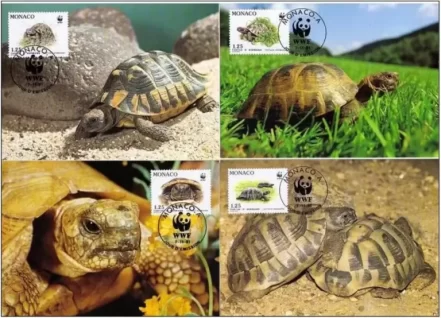
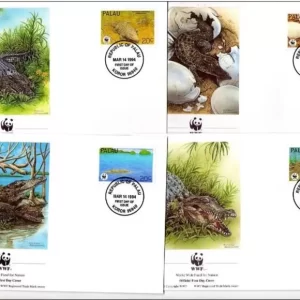
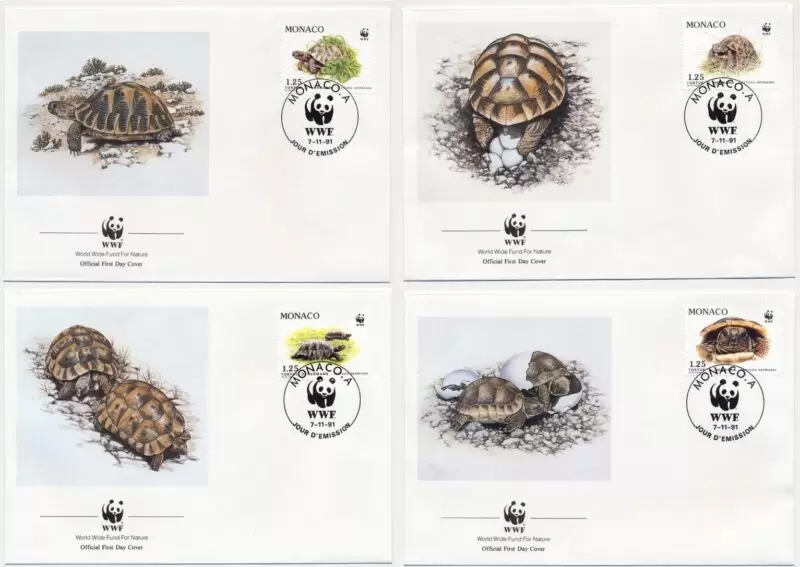
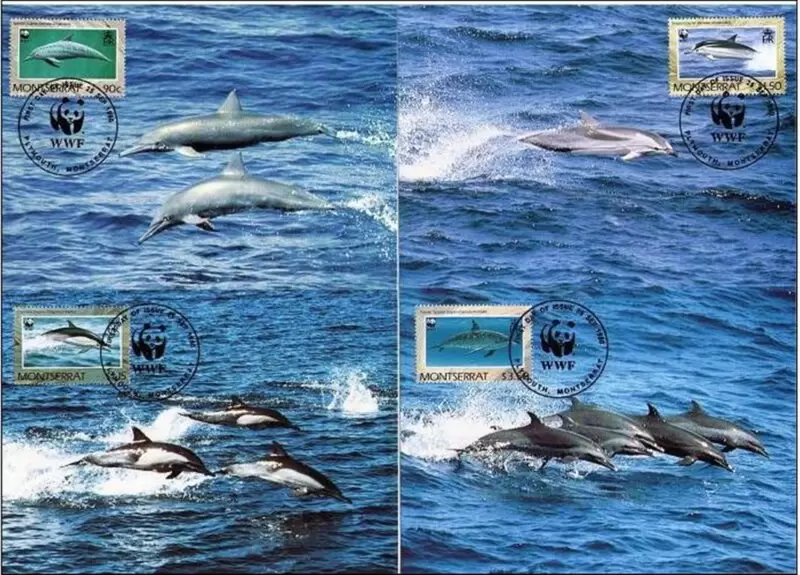
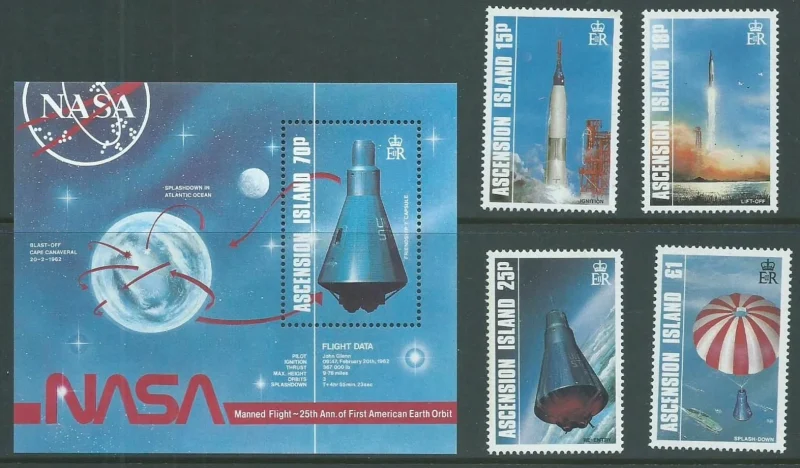
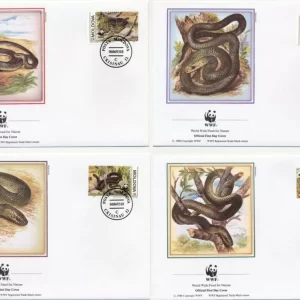
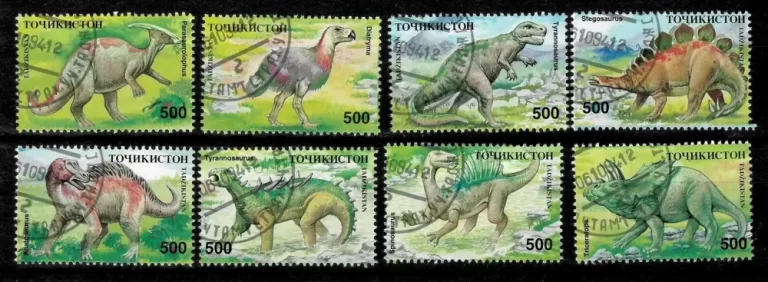
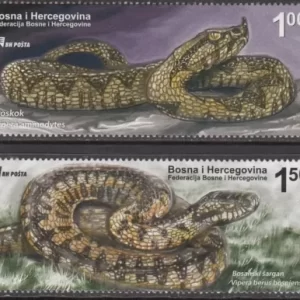

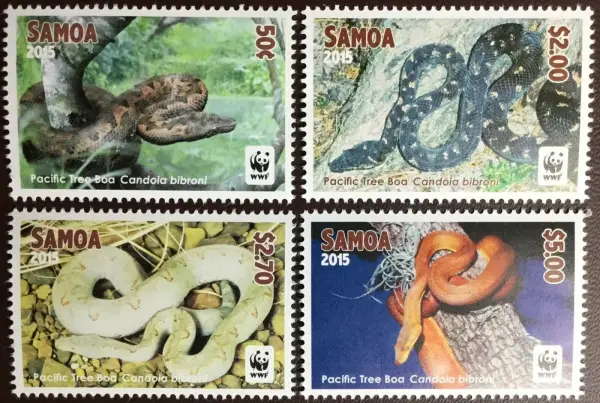
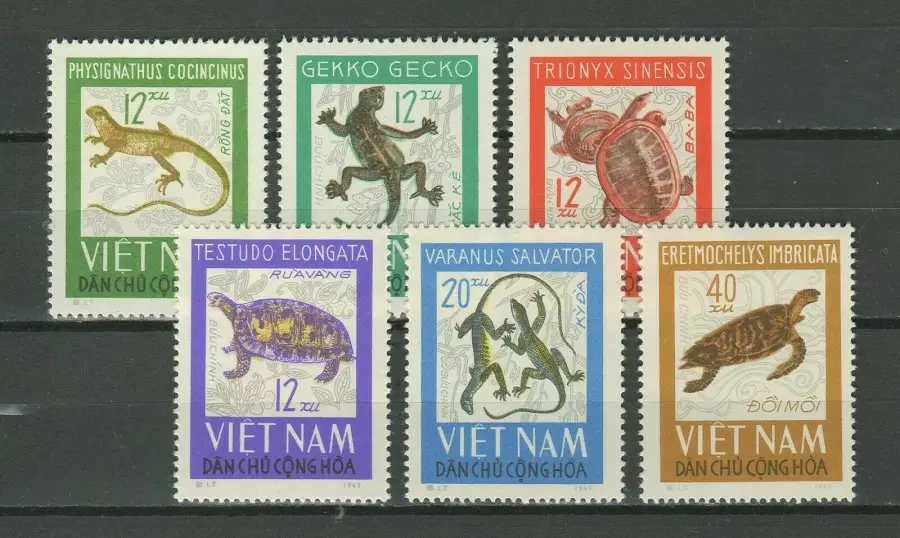
Reviews
There are no reviews yet.